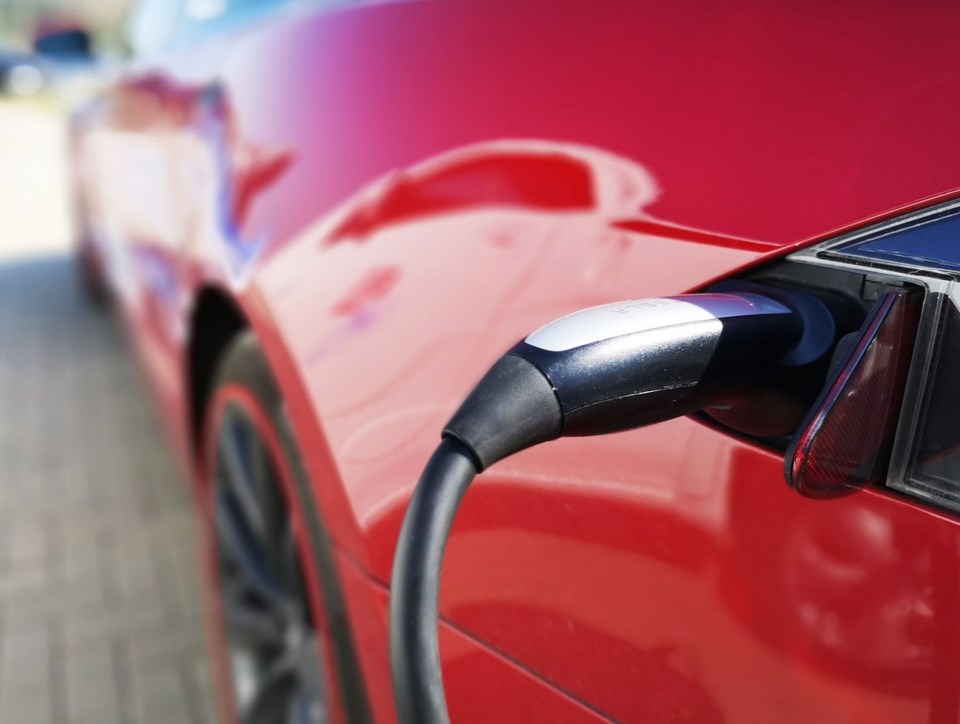Even more electric vehicle (EV) charging stations could be coming to the City of Delta.
Council this week endorsed a staff recommendation to submit a funding application to Natural Resources Canada's Zero-Emission Vehicle Infrastructure Program to help pay for the installation of 20 Level 2 electric vehicle charging stations and a DC Fast Charge station at public facilities.
The fast charge station would be located at the George Mackie Library while the other stations would be located in such venues as Winskill Park in Tsawwassen and the historic Municipal Hall building in Ladner.
The total project budget is estimated at $530,000.
Natural Resources Canada's share would be $150,000 while the city’s share would be $380,000, funded from Delta's Carbon Tax Reserve account.
Delta's Electric Vehicle Strategy, endorsed by council last summer, identified several actions aimed at enhancing the public charging network.
Delta currently operates five dual-point charging stations at public facilities
In 2020, Delta received a $77,250 grant from the federal government for the installation of 20 Level 2 electric vehicle charging stations for public use at seven civic facilities.
Council this week awarded a $134,720 contract to install those new stations at such venues as Dugald Morrison Park and the North Delta Recreation Centre, among other places.
Those stations are scheduled to be installed this summer.
Delta's electric vehicle charging stations are currently free to use, however, that won’t last for long as city staff are monitoring station usage and will report back to council, as part of 2022 budget discussions, with details and recommendations for a fee structure.
A staff report notes that, currently, operating costs for the stations will be funded from the facility budgets.



